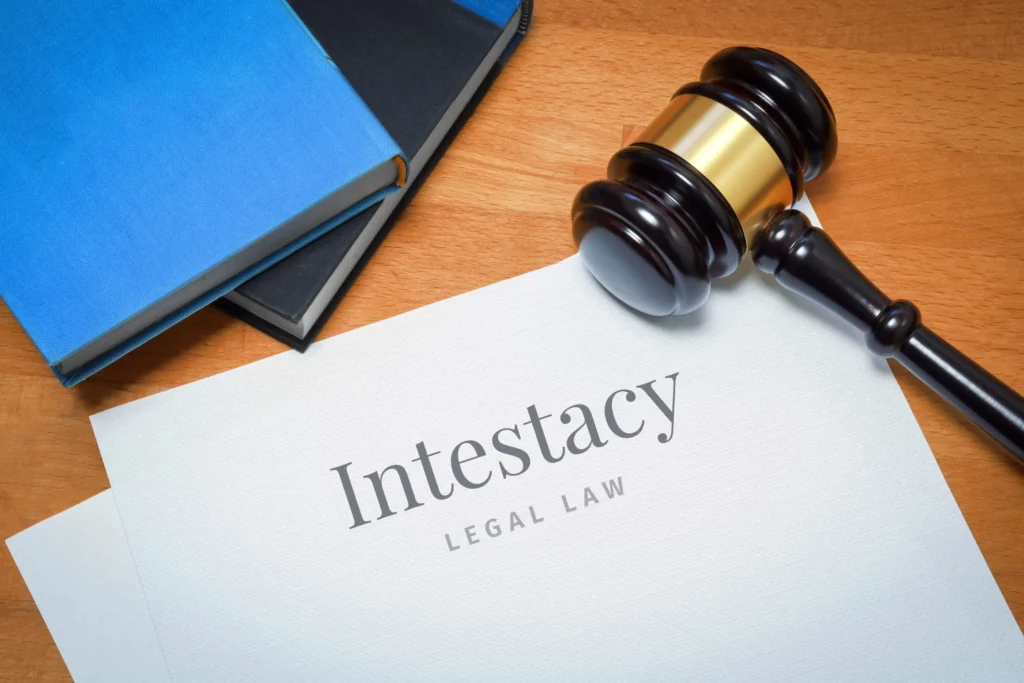Understanding the Probate Process
The probate process is a legal procedure that takes place after someone passes away, ensuring that their assets are distributed according to their will or state laws if no will exists. This process can be complex, often requiring court involvement to validate the will and oversee the distribution of assets to heirs.
During probate, the court will appoint an executor or personal representative to manage the deceased's estate. This includes paying off any debts, filing necessary tax returns, and distributing remaining assets to beneficiaries. Understanding these steps can help individuals navigate the probate process more smoothly and avoid potential pitfalls.
Common Challenges in Estate Planning
Estate planning can present various challenges, including emotional stress, family dynamics, and legal complexities. Many individuals struggle with making decisions about asset distribution, especially when family members may have differing opinions or expectations regarding inheritances.
Additionally, legal issues such as tax implications, compliance with state laws, and the need for proper documentation can complicate the planning process. Engaging with a knowledgeable estate planning attorney can help mitigate these challenges and ensure that the estate plan reflects the individual's wishes while adhering to legal requirements.
Key Differences Between Wills and Trusts
Wills and trusts are both essential tools in estate planning, but they serve different purposes and function in distinct ways. A will is a legal document that outlines how a person's assets should be distributed upon their death, while a trust is an arrangement that allows a third party to hold assets on behalf of beneficiaries, often avoiding probate.
Trusts can provide greater flexibility and control over asset distribution, allowing for specific instructions on when and how beneficiaries receive their inheritance. Understanding these differences can help individuals make informed decisions about which option best suits their estate planning needs.
Importance of Updating Your Estate Plan
Regularly updating your estate plan is crucial to ensure that it reflects your current wishes and circumstances. Life events such as marriage, divorce, the birth of a child, or significant changes in financial status can all necessitate revisions to your estate plan.
Failing to update your estate plan can lead to unintended consequences, such as assets being distributed contrary to your wishes or beneficiaries facing legal challenges. Consulting with an estate planning attorney periodically can help ensure that your plan remains relevant and effective in achieving your goals.


